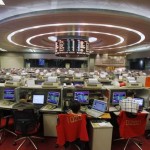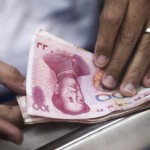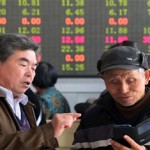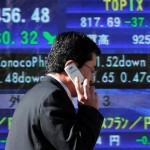Shanghai’s Free-Trade Zone Fails to Impress U.S. Companies
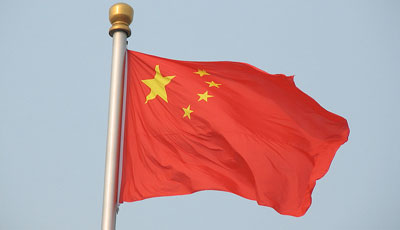
U.S. companies in Shanghai are skeptical about the business benefits of the city’s pilot free-trade zone and have echoed concerns by American companies elsewhere in China about growing antiforeign sentiment and slowing economic growth.
An annual survey released on Wednesday of more than 370 members of the American Chamber of Commerce in Shanghai found that almost three-quarters of respondents believed the China (Shanghai) Pilot Free Trade Zone offered no tangible benefits for their business. Around half said they hadn’t noticed any change for their business since the zone opened in September 2013.
Promoted by Premier Li Keqiang as a symbol of China’s commitment to reform, the Shanghai free-trade zone promised to be an area where the country’s constraints on some industries were loosened and red tape was cut. It was modeled on the special economic zone in the southern Chinese city of Shenzhen in the 1980s, which transformed southern China into an export machine.
But the FTZ so far has failed to impress those surveyed, with 45% of respondents saying there was a lack of information to help them understand how the zone works.
The survey results mirrored those of a similar report released earlier this month by the American Chamber of Commerce in China, in which respondents voiced increased concerns over what they see as rising antiforeign sentiment and a more challenging business environment.
According to Wednesday’s survey, companies are increasingly uncertain about how China’s economic reform program will affect their business. More than half of respondents cited that as their biggest business risk, up from 45% in 2013 and 25% in 2012.
Slower growth for China’s economy is also weighing on the minds of foreign business leaders, with 53% citing it as a business risk, up from 35% the year before. “There is a general expectation of further market slowdowns,” the AmCham report said.
Meanwhile, more than half of the respondents said they believed China’s regulatory environment favored Chinese companies. “This high response rate has held steady for the past three years, indicating a persistent issue with little improvement,” the report said.
Some 63% of the companies surveyed said laws and regulations that favor local companies hindered their business, up from 58% in 2013.
Around half of the respondents said that China’s antimonopoly and anticorruption investigations were more likely to target foreign multinational companies.
China has investigated and fined a raft of companies, most prominently technology and auto firms, for alleged anticompetitive practices. Other foreign companies have also run afoul of the state planning agency and price regulator, the National Development and Reform Commission.
China has countered that its antitrust probes also have been aimed at numerous domestic companies.
The AmCham Shanghai survey said that the lack of transparency in how companies are selected for investigation is the biggest challenge for them when facing antimonopoly and anticorruption actions, followed by an unclear regulatory basis for investigations. “Both factors help create an environment in which companies feel anxious and vulnerable,” the report said.
Source: Nasdaq – Shanghai’s Free-Trade Zone Fails to Impress U.S. Companies









